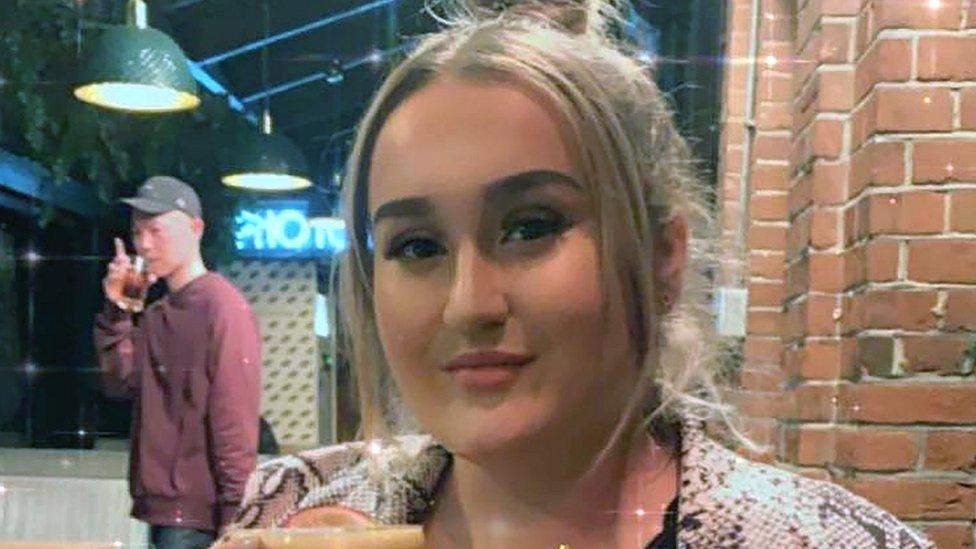Totnes woman waits nearly two years for liver transplant
- Published
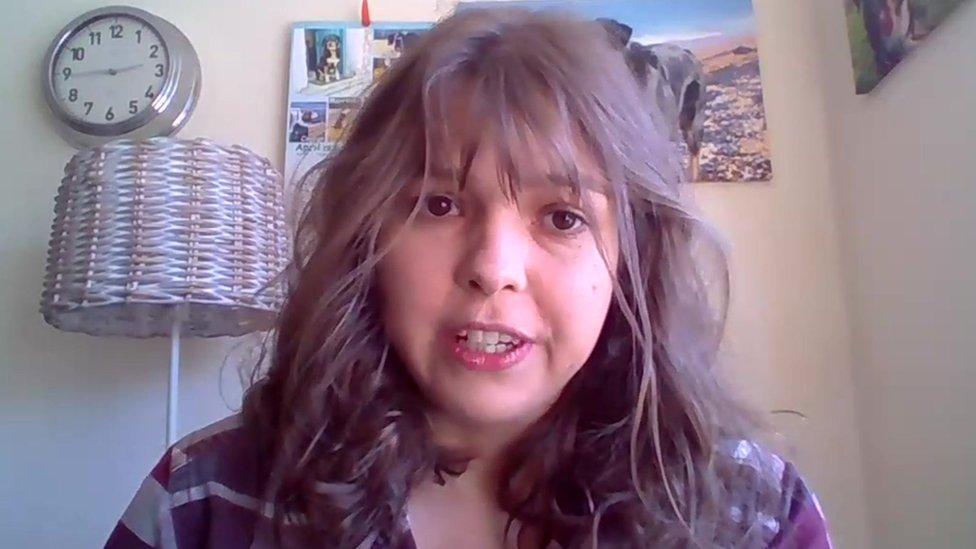
Sarah Meredith: "I would be lying if I said that I don't get really down about it because I do"
A woman in need of a liver transplant has been waiting almost 10 times the average wait for the operation.
Sarah Meredith, 30, from Totnes, Devon has waited for 640 days, while the average wait for an adult is 65 days. , external
She has now moved to Cambridgeshire to be close to a specialist facility at Addenbrooke's Hospital when a liver becomes available.
The NHS said a shortage of donors could lead to long delays.
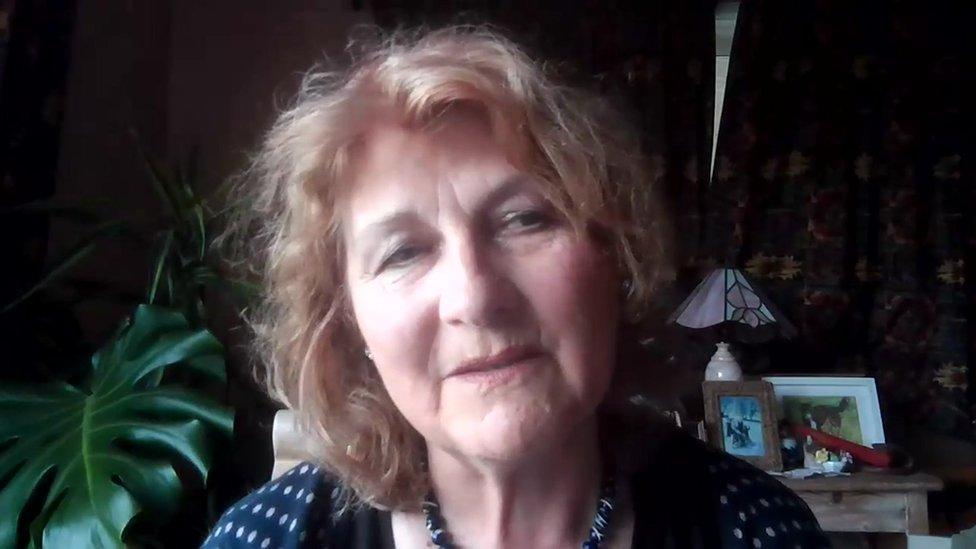
Catherine Meredith: "We're wondering if she's going to get transplanting at all"
Ms Meredith's family fear she could become too poorly to have the transplant at all.
They believe the way organs are prioritised for transplant leads to younger people having to wait longer.
Ms Meredith, who has cystic fibrosis, said: "I would be lying if I said that I don't get really down about it, because I do.
"But you've got to carry on as best you can."
Ms Meredith and her mother Catherine highlighted the importance of families talking about organ donation.
Almost 7,000 people are currently waiting for a transplant in the UK.
'Great deal of uncertainty'
"Every time the phone rings you're thinking that it might be the call, but it hasn't been for nearly two years now," said Catherine.
"So we're wondering if she's going to get transplanting at all."
Derek Manas, associate medical director for organ and tissue transplantation at NHS Blood and Transplant, said: "All patients waiting for a transplant face a great deal of uncertainty.
"Due to a shortage of potential donors, it can take a long time for a call to come and specialist clinical teams must individually assess the suitability of each patient waiting for a liver transplant."
He said eligibility criteria was "based on nationally agreed guidelines" and surgeons "evaluate each donor, organ and recipient carefully".
The transplant team may decide the organ is not suitable for transplantation or the organ could prove to be a better match with better outcomes for another waiting patient, Mr Manas explained.
"The more people who agree to support donation, the better the chances are for these patients who are desperately awaiting these life-saving calls," he said.

Follow BBC News South West on Twitter, external, Facebook, external and Instagram, external. Send your story ideas to spotlight@bbc.co.uk, external.
Related topics
- Published20 February 2023
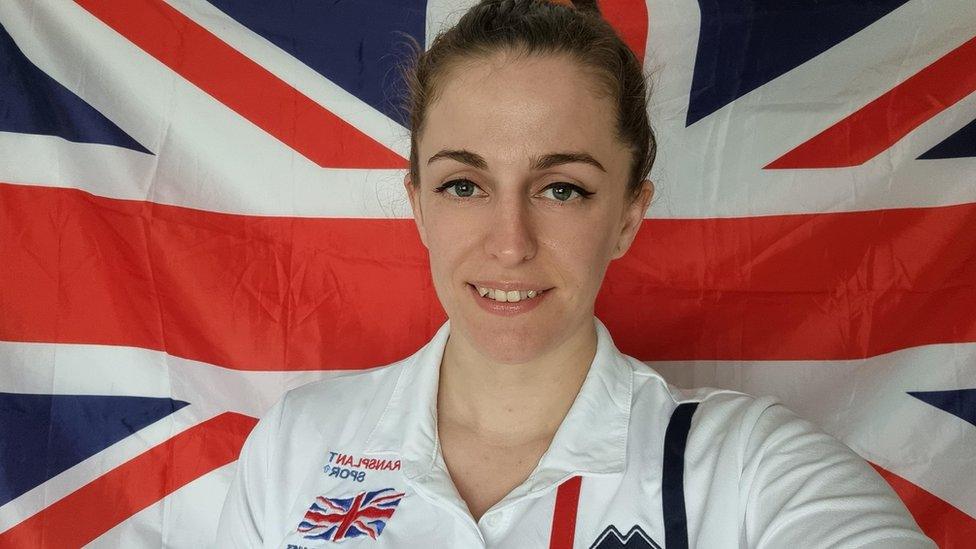
- Published14 February 2023
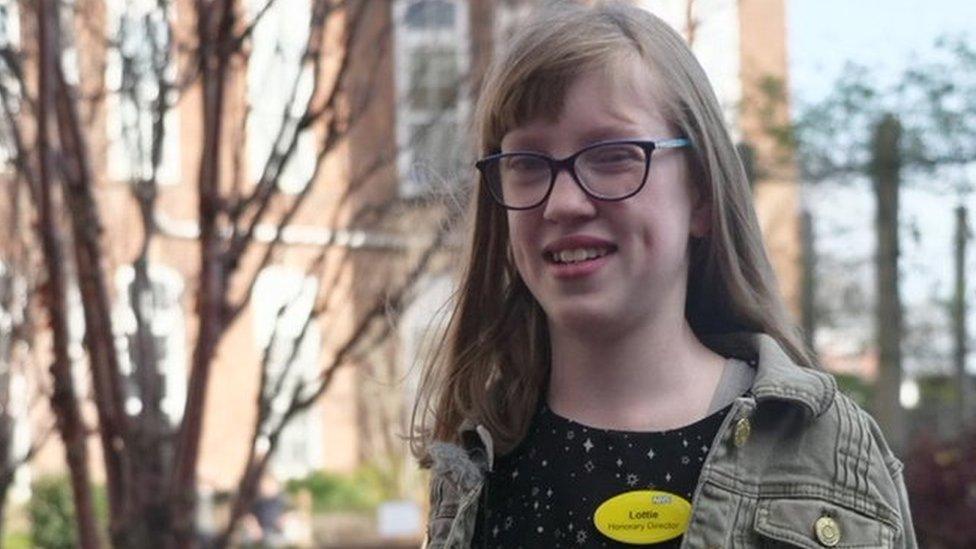
- Published1 February 2023
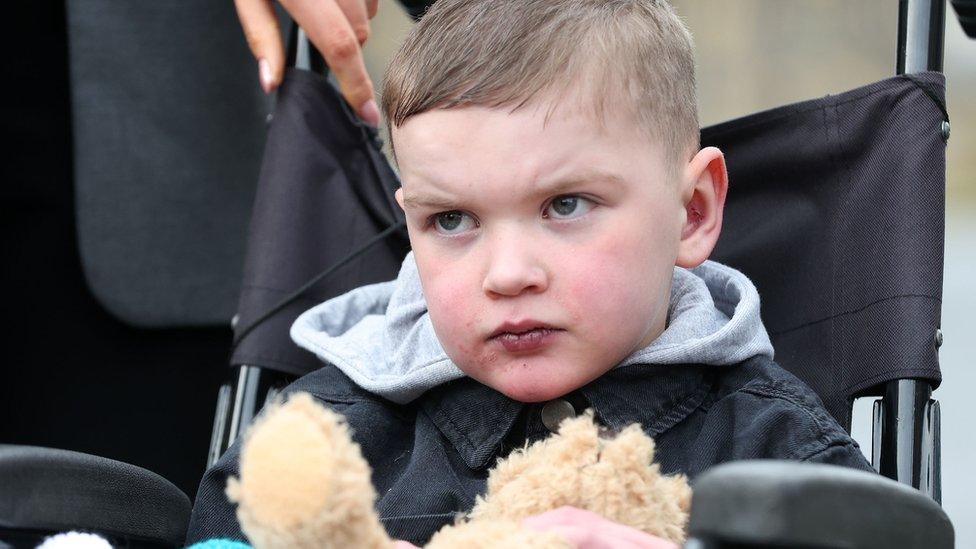
- Published11 August 2022
